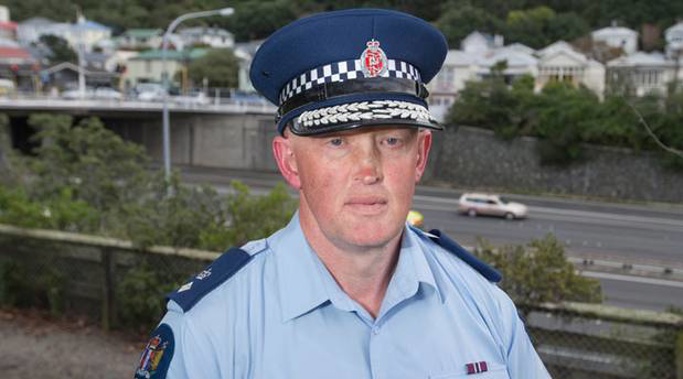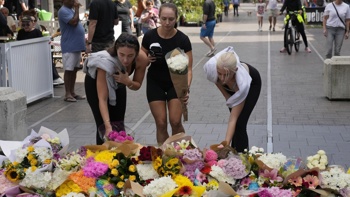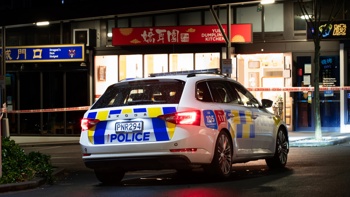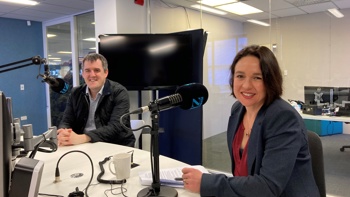
New Zealand's top road policing cop has called for motorists to drive to survive as the carnage on our roads continues to soar.
In the 12 months from June last year to June 28, 389 people have died on our roads - the highest toll in the past five years.
And 198 people have lost their lives to date in 2018; 11 more than the same period last year and 38 more than in 2014.
Our horror road toll spiked further last week when seven people died in a two-car crash in the Taranaki.
National manager of road policing, Superintendent Steve Greally, said the 2018 road toll was unacceptably high and called on all drivers, cyclists and pedestrians to take responsibility of their actions and remain alert and aware.
"I think the most common cause of crashes is poor decision making on behalf of our drivers out there. The drivers are the ones responsible for the decisions they make and how they're going to operate that motor vehicle, or how they're going to cross that road or how they're going to ride a push bike.
"We've got a lot of work to do as drivers across the country here, taking ownership of the problem," Greally said.
The four leading causes of crashes in New Zealand are restraint - no seatbelt, impairment, distraction and fatigue, according to Greally.
The road toll isn't only felt by victims and their families, frontline police and first responders come face to face with the carnage on our roads every day, Greally said.
"Our young people are out there every day and night attending these horrific crash scenes and it's very hard to describe the things you see, hear and smell at these things.
"Sometimes the ones where people don't die are the worst, people are screaming in pain and you can't get them out. That's the nature of this, it comes back to the drivers taking greater responsibility and having situational awareness."
Shockwaves rippled through the country last week after the two-car crash near Waverley which killed seven people - including a baby girl.
It was the worst crash on New Zealand roads in 13 years.
The Transport Agency's safety and environment director, Harry Wilson, said there are several reasons for the rise in road deaths.
One of these is an increase in the number of cars on our roads since the end of the global financial crisis and more kilometres travelled by people and freight vehicles.
"NZTA will be accelerating speed management, we'll be trying to identify where the highest-risk roads are and making sure those roads have safe and appropriate speeds. We will be embarking on an ambitious infrastructure investment programme."
Wilson said there will also be more enforcement from police in higher-risk areas.
On Thursday, Minister of Transport Phil Twyford announced that Cabinet had approved a new 10-year plan for transport which will provide record investment in the roads, rail and public transport for regions and cities, and save lives on our roads.
"There is a new emphasis on safety, with a doubling of investment in road safety promotion and a 14 per cent increase in road policing to help reduce the number of deaths on our roads. This Government is not prepared to accept a growing number of road deaths," Twyford said.
NZ road tolls over the years:
2013:
253
2014:
293
2015:
319
2016:
327
2017:
379
Take your Radio, Podcasts and Music with you









